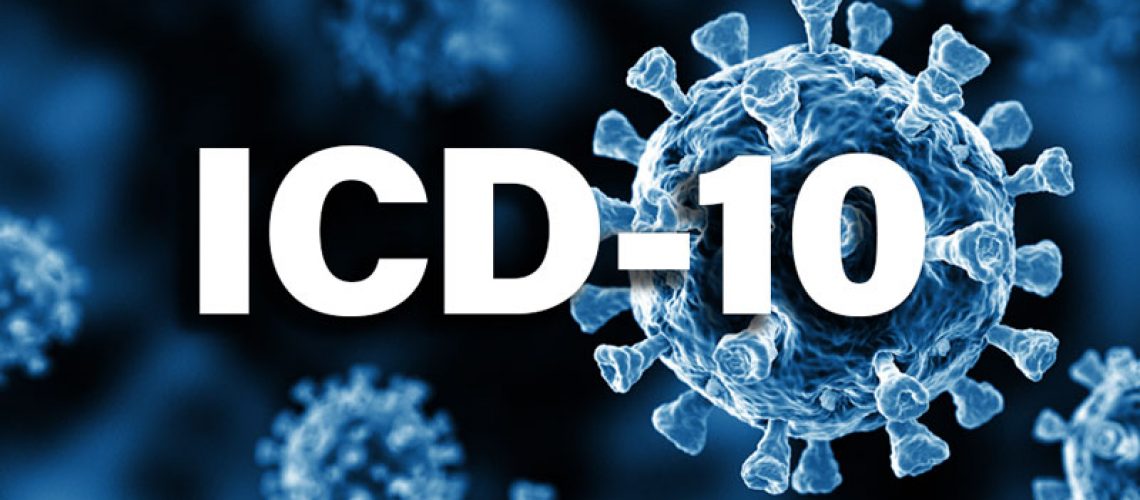The ICD-10 (International Classification of Diseases, 10th revision) now includes a diagnosis code for COVID-19.
Although new ICD codes are implemented every year on Oct. 1, the new code—U07.1, COVID-19—was implemented off-cycle to allow immediate tracking of health care claims and statistics for COVID-19 cases diagnosed on or after April 1, 2020.
Here are some ICD-10 coding tips for audiologists and SLPs working with patients who have COVID-19 or who have recovered from the virus.
Use the new COVID-19 code only for cases diagnosed on or after April 1
According to official ICD-10 guidelines, U07.1 may be used only for cases diagnosed on or after April 1, 2020. Generally, cases diagnosed before then should be reported using ICD-10 codes that describe the patient’s signs, symptoms, or associated illnesses.
U07.1 is appropriate only if COVID-19 is directly related to evaluation or treatment
Clinicians may report U07.1 if the diagnosis is confirmed in the medical record, the patient currently has COVID-19, and COVID-19 is directly related to the reason the audiologist or SLP is treating the patient. Clinicians should also report the ICD-10 code that supports the reason for the visit, such as the H90- series for hearing loss, for example, or the R13.1- series for dysphagia.
In most cases, U07.1 should be reported first, as the primary medical diagnosis, followed by the associated audiology or speech-language pathology diagnosis. See the CDC website for detailed COVID-19 coding guidelines.
Do not report U07.1 for patients who have recovered from COVID-19
Audiologists and SLPs may increasingly see patients with a history of COVID-19. If the patient’s documented history of COVID-19 is a factor in the reason the patient is being evaluated or treated, clinicians should consider reporting Z86.19 (Personal history of other infectious and parasitic diseases), in addition to the associated audiology or speech-language pathology diagnosis.
There is no ICD-10 code specific to a personal history of COVID-19, but clinicians should not use U07.1 if the patient no longer has COVID-19. See the American Hospital Association’s FAQs related to ICD-10 coding for COVID-19.
Coding guidance for COVID-19 is evolving—stay updated through ASHA’s website
ICD-10 codes and associated guidelines may change as we learn more about the virus and its short- and long-term effects. Stay updated by monitoring ASHA’s ICD-10 resources.
ASHA will update its detailed list of ICD changes for audiologists and ICD changes for SLPs when the annual changes become available. No major changes for audiology and speech-language pathology related diagnoses are expected in the 2021 update.
——————————————————
Photo courtesy of: ASHA Wire
Originally Published On: ASHA Wire
Follow Medical Coding Pro on Twitter: www.Twitter.com/CodingPro1
Like Us On Facebook: www.Facebook.com/MedicalCodingPro







